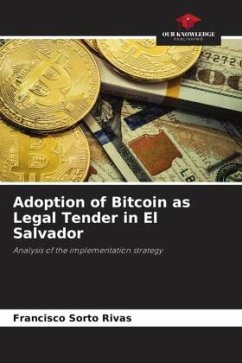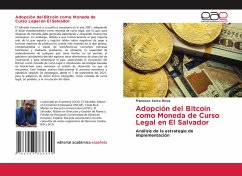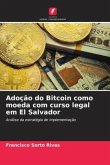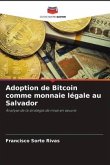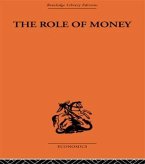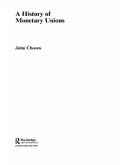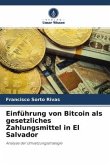El Salvador renounced its monetary policy in 2001, adopting the US dollar as legal tender, so, in order to have currency it must generate it by exporting and attracting foreign investments; however, due to the fact that historically the country imports more than it exports and registers negative net balances of payment to external factors of production, it loses more currency than it generates, compensating it through current transfers (family remittances) and through loans; However, the indebtedness capacity of any country has limits; in this sense, the Salvadoran government decided to explore other alternatives to attract investment and to modernize the country, authorizing the circulation of Bitcoin as a legal tender and promoting blockchain-based technologies to overcome the state of development in which it finds itself. This paper basically analyzes the regulatory and operational process followed (the strategy), since September 7, 2021, for the adoption of this intangible asset as legal tender, in parallel to the circulation of the dollar.
Bitte wählen Sie Ihr Anliegen aus.
Rechnungen
Retourenschein anfordern
Bestellstatus
Storno

